In preparation for the next accreditation visit, UOG’s President Thomas Krise has launched the Para Hulo’ Strategic Plan.
The plan, which officially kicked off in February 2019, will be implemented through 2024 when the Western Association of Schools and Colleges, or WASC, is set to visit the university.
“Strategic plans tell the institution which direction to go and what they aim to achieve,” Krise said.
Broken up into two phases, phase one included the gathering of information through surveys, receiving input from all faculty, staff administration students and alumni, as well as developing vision, mission, values and strategic initiatives.
Phase two was used to develop prioritization criteria and the determination of goals, objectives, projects and programs.
With the help of a selective group of faculty, staff, students and alumni, the university has completed these first two phases.
SGA President, Marc Bituin, took part in this process and believes the initiative is a great one, highlighting all the necessary aspects that the University needs to move forward into becoming a higher level institution.
“I’m glad to see how hard the University is working to improve the experience and provide more for its students,” Bituin said.
One of the main goals of the initiative is to rework the university’s departments, programs and efforts related to community outreach, marketing academics, etc.
“The phases were development periods and the goal of the plan is for UOG to ensure maximum engagement with constituents across the university and maximize its potential—to be the very best it can be,” Krise said.
Krise added: “Specifically, we aim to be officially recognized as a higher level institution, referred to as a research university, and as a community-engaged partnership university.”
Additionally, students can expect improved customer service, business operations, financial resources and facilities, as well as an offering of higher opportunities.
“More degree programs are envisioned, including developing doctoral programs,” Krise said.
With the coronavirus pandemic, there has been a few bumps on the road. Still, the plan has produced some positive outcomes.
“Expanding our online course and degree offerings and expanding our faculty’s use of online resources have been given an amazing boost by the sudden quarantine for the virus,” Krise said.
To transition from a face-to-face to an online class would normally take six months. However, with the help of faculty, it has been possible within two weeks.

